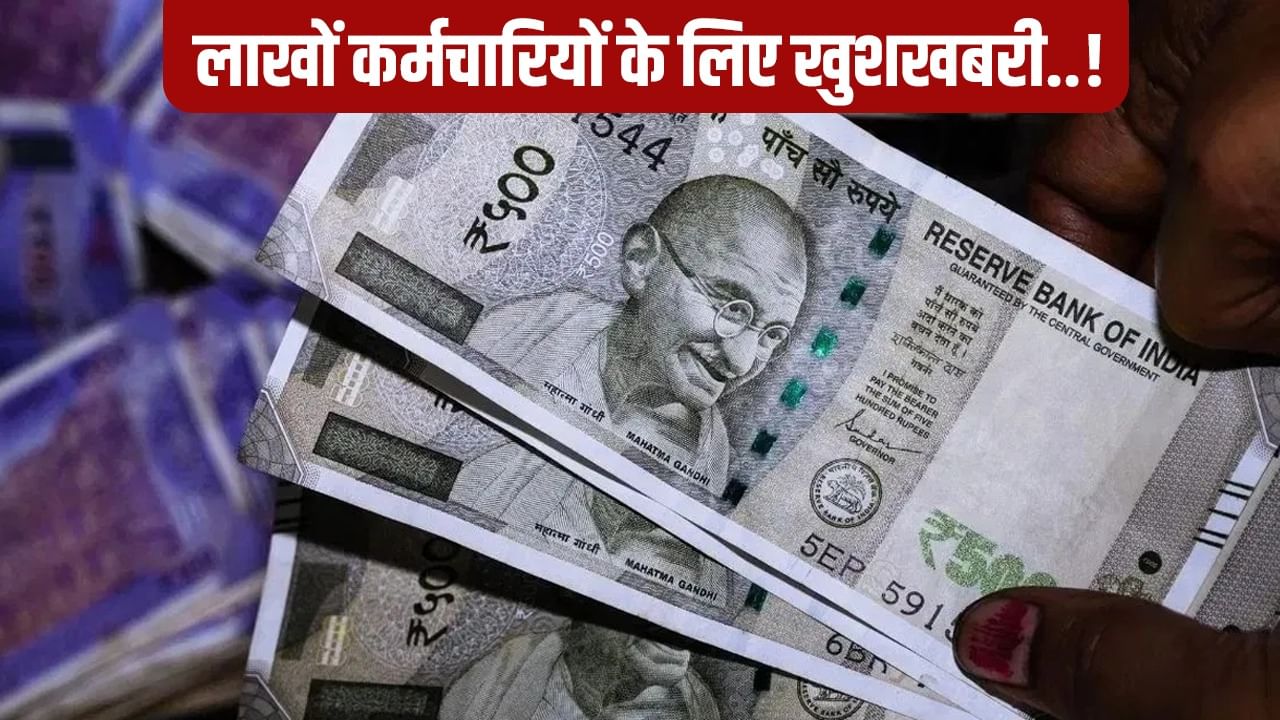The recommendations of the commission may come into effect from January 1, 2026.
The Terms of Reference of the 8th Central Pay Commission have been approved in the Union Cabinet meeting chaired by Prime Minister Narendra Modi on Tuesday. That is, the work area, names of the president and members have been decided. The recommendations of this commission will cover about 50 lakh central government employees, including defense services personnel, and about 69 lakh pensioners.
The 8th Central Pay Commission will be a temporary body and will submit its recommendations within 18 months from the date of its establishment. The Commission will consist of a Chairperson, a Member (Part Time) and a Member-Secretary. If necessary, the Commission can also send an interim report on any subject to the government after its recommendations are finalized. Former Supreme Court judge Ranjana Prakash Desai has been made the chairperson of the Eighth Pay Commission. IIM Bangalore professor Pulak Ghosh and Secretary of Petroleum and Natural Gas Pankaj Jain will be members.
#cabinet approves Terms of Reference of 8th Central Pay Commission
The 8th Central Pay Commission will be a temporary body. The Commission will comprise of one Chairperson; One Member (Part Time) and one Member-Secretary. It will make its recommendations within 18 months of
— PIB India (@PIB_India) October 28, 2025
The recommendations of the 8th Central Pay Commission will be considered effective from January 1, 2026. The 8th Central Pay Commission will be a temporary body. The Commission will have a Chairman, a Member and a Member-Secretary. This commission will give its recommendations within 18 months from the date of its formation.
The commission will give recommendations on these issues-
1. The economic condition of the country and the need for fiscal prudence.
2. The need to ensure that adequate resources are available for developmental expenditure and welfare measures.
3. Unfunded cost of non-contributory pension schemes.
4. The potential impact of the Commission’s recommendations on the finances of State Governments, which generally adopt these recommendations with some modifications.
5. Salary structure, benefits and working conditions available to employees of Central Public Sector Undertakings and private sector.
Pay commission is implemented every 10 years
Central Pay Commissions are constituted from time to time to review various issues related to pay structure, retirement benefits and other service conditions of Central Government employees and recommend necessary changes. Generally, the recommendations of pay commissions are implemented at an interval of every ten years. In view of this, the recommendations of the 8th Central Pay Commission may come into effect from January 1, 2026. The government had announced the formation of the 8th Central Pay Commission in January 2025 to review and recommend necessary changes in the salaries and other benefits of central government employees.
